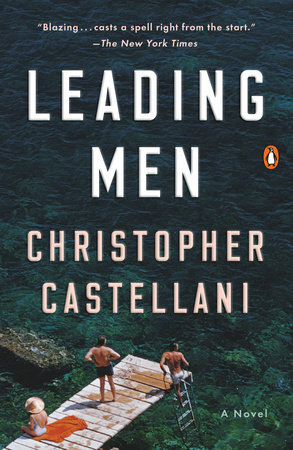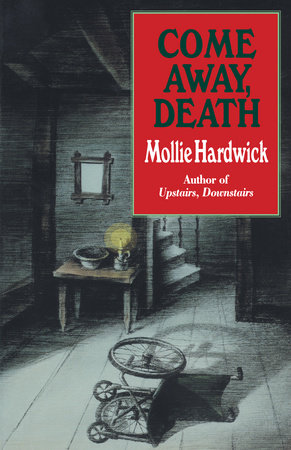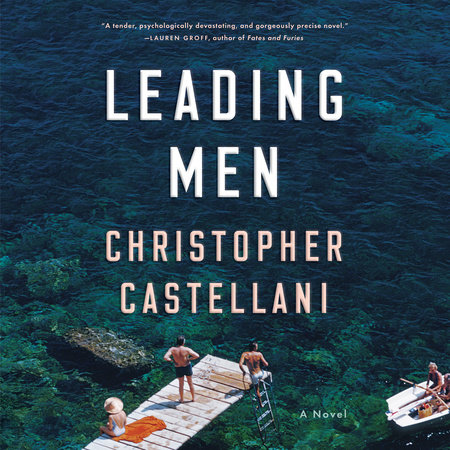

Leading Men
By Christopher Castellani
By Christopher Castellani
By Christopher Castellani
By Christopher Castellani
By Christopher Castellani
Read by Edoardo Ballerini
By Christopher Castellani
Read by Edoardo Ballerini
Category: Literary Fiction | Historical Fiction
Category: Literary Fiction | Historical Fiction
Category: Literary Fiction | Historical Fiction | Audiobooks

-
$17.00
May 26, 2020 | ISBN 9780525559078
-
Feb 12, 2019 | ISBN 9780525559061
-
Feb 12, 2019 | ISBN 9781984842503
700 Minutes
Buy the Audiobook Download:
YOU MAY ALSO LIKE
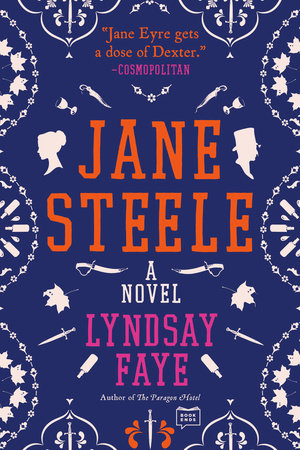
Jane Steele

Next to Love

The Plantpower Way: Italia

American Blonde
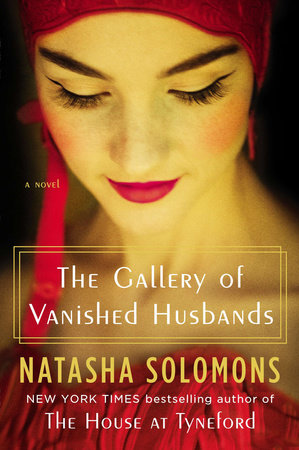
The Gallery of Vanished Husbands

The Overnight Kidnapper
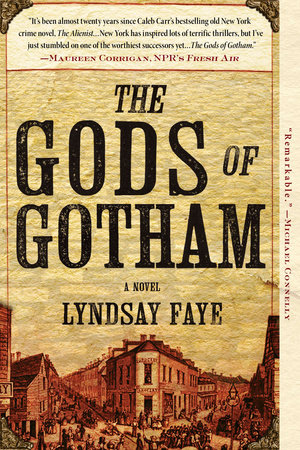
The Gods of Gotham
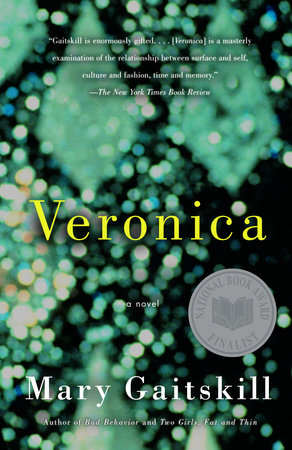
Veronica
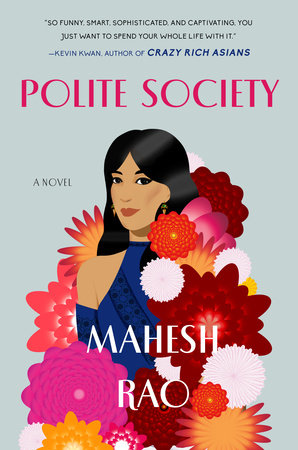
Polite Society
Praise
“Vividly reimagines the relationship between Williams and Frank Merlo, and offers intricate thoughts about the nature of fidelity, the artistic impulse, and estrangement . . . [Castellani’s] scenes glitter . . . This book is a kind of poem in praise of pleasure. Its author knows a great deal about life; better, he knows how to express what he knows. But this is an alert, serious, sweeping novel. To hold it in your hands is like holding, to crib a line from Castellani, a front-row opera ticket.” —The New York Times
“A seductive, steamy novel of Tennessee Williams and his lover . . . Castellani’s quiet portrayal of Merlo has a deep, aching appeal . . . [His] prose has a beguiling lilt and color, whether he’s evoking his characters’ evasive or erratic emotions, or conjuring the far-flung locales where these globe-hoppers touch down.” —The Boston Globe
“Real and imagined lives collide as Tennessee Williams and his longtime lover Frank Merlo befriend a young Swedish woman named Anja on the glittering Italian Riviera in July 1953. Though entirely fictional, the enigmatic Anja, who goes on to reluctant fame and fortune as an actress, propels this story of desire, ambition, and heartbreak.” —People
“Lyrical, restrained, and affecting. This is a book to savor.” —Taylor Jenkins-Reid, author of Daisy Jones and the Six
“Movie stars in Italy, a longtime affair, and a missing Tennessee Williams play—what more could you want? Christopher Castellani’s lush newest novel recreates the glamour of the 1950s while deftly portraying a timeless and heartbreaking love story.” —Celeste Ng, author of Little Fires Everywhere
“I read Christopher Castellani’s Leading Men in one quiet, sunny, rapt afternoon, and spent hours afterwards just stunned from having been immersed in such a tender, psychologically devastating, and gorgeously precise novel. An extraordinary book.” —Lauren Groff, author of Fates and Furies and Florida
“Gorgeous and sweeping . . . [a] sumptuous work of historical fiction . . . [Leading Men] manages to capture the lightning of these massive artistic figures on the page with such force, it does feel as if you have tiptoed around Williams’s desk in Rome while he was busy writing a masterpiece.”—Interview
“Audacious . . . [Castellani’s] novel not only exults in the historical synchronicities and proximities he has discovered but catches the reader up in its rapture.” —The New York Times Book Review
“Touching . . . Castellani knows his people . . . and he knows this world.” —The Washington Post
“Dazzling . . . [Castellani writes] with an evocative precision that historical fiction often merely aspires to.” —Entertainment Weekly
“Spectacular… Castellani’s novel hits the trifecta of being moving, beautifully written, and a bona fide page-turner. This is a wonderful examination of artists and the people who love them and change their work in large and imperceptible ways.” —Publishers Weekly, Starred Review
“Castellani . . . [injects] the book with a gravitas and a precariousness that recalls the authorial finesse of his own character, Tennessee Williams, harnessing a talent not only for forming tragic heroes, but allowing them to exhibit the kind of complexity that remains utterly real to readers, that mix of ambition and ambivalence that so often suggests the self who remains unknown to us, the parts of us which we ourselves cannot account for.” —Brooklyn Rail
“Leading Men is a finely-rendered narrative . . . broad in scope and lush in detail, without every tipping into sentimentality. [A] compassionate snapshot of a bygone era and a beautiful, if tragic, story of love and remembrance.” —Lambda Literary
“With imagination and feeling, Castellani reconjures history to reveal the intricate dynamics—loving and passionate, selfless and devastating—among artists and those who nurture them.” —Annie Bostrom, Booklist
“An intriguing take on Tennessee Williams and his lover of 15 years, Frank Merlo . . . Humane, witty, and bold, this novel imagines the life of a loving but tortured couple.” —Kirkus Reviews
“A moving story of love, loss, memory and regret . . . Leading Men is a transporting adventure.” —Shelf Awareness
“Leading Men is glorious, a meditation on the ravages of fame, an investigation into the private lives of public artists, and one of the most moving love stories I’ve read in ages. It’s hard to imagine better company on the page than Tennessee Williams and those who loved and loathed him. By bringing to life these literary visionaries, Christopher Castellani proves himself their eminently worthy heir.” —Anthony Marra, author of The Tsar of Love and Techno
“With echoes of Tender is the Night and The Sun Also Rises, Leading Men tells the extraordinary love story of Tennessee Williams and Frank Merlo. Castellani elegantly weaves together Merlo’s final days with memories of a dramatic (and delicious) Italian summer in 1953 that changes his world forever. Throw in an aging Swedish actress, Truman Capote, Italian cinema and the staging (and script!) of a lost Williams play and you have all the ingredients for a literary page-turner. Leading Men is about fame and love and forgiveness, about the ravages of time, and how we try to lay claim to the future, while the present slips through our fingers.” –Hannah Tinti, author of The Twelve Lives of Samuel Hawley
“With extraordinary artistry and grace, Christopher Castellani interweaves history and invention to show us both the depths great artists are driven to and the love that draws them back. I know of few books that give such a moving account of the indispensable value of genius and its intolerable human cost. This is a novel of rare insight and beauty, and Castellani is a writer of brilliant gifts.” —Garth Greenwell, author of What Belongs to You
“Leading Men is a daredevil of a novel, like the prettiest boy in the gay bar doing a backflip off a stool and not spilling his drink. Castellani has set his eye on that ineffable profane that is the other face of the divine, in a novel that unites my obsessions with Tennessee Williams, Luchino Visconti, Truman Capote, film, cruising, and Italy, and wraps it up in a love story, but a story of old love–love of a kind we almost never see written.” —Alexander Chee, author of The Queen of the Night
“Leading Men is a novel as moving as it is entertaining, a book that restored my faith in the old cliche that only through fiction — by exploring the possibilities of what might have happened — can we reach the truth. Christopher Castellani has written an astounding novel of great imaginative empathy that, by the end, had this cynic weeping.” —Peter Orner, author of Love and Shame and Love“Leading Men stirs up the kind of beautiful trouble we admire in the work of Tennessee Williams. A clever, allusive, multi-layered novel filled with wit, insight, and heart. I loved it.” —Justin Torres, author of We The Animals
“This is a tale of love and loneliness, the personal costs of genius and its attendant fame, and of the ultimate, inconsolable pain of loss. In its depiction of Americans in Europe, its closest literary cousin might be F. Scott Fitzgerald’s Tender Is the Night.” —Library Journal
21 Books You’ve Been Meaning to Read
Just for joining you’ll get personalized recommendations on your dashboard daily and features only for members.
Find Out More Join Now Sign In









